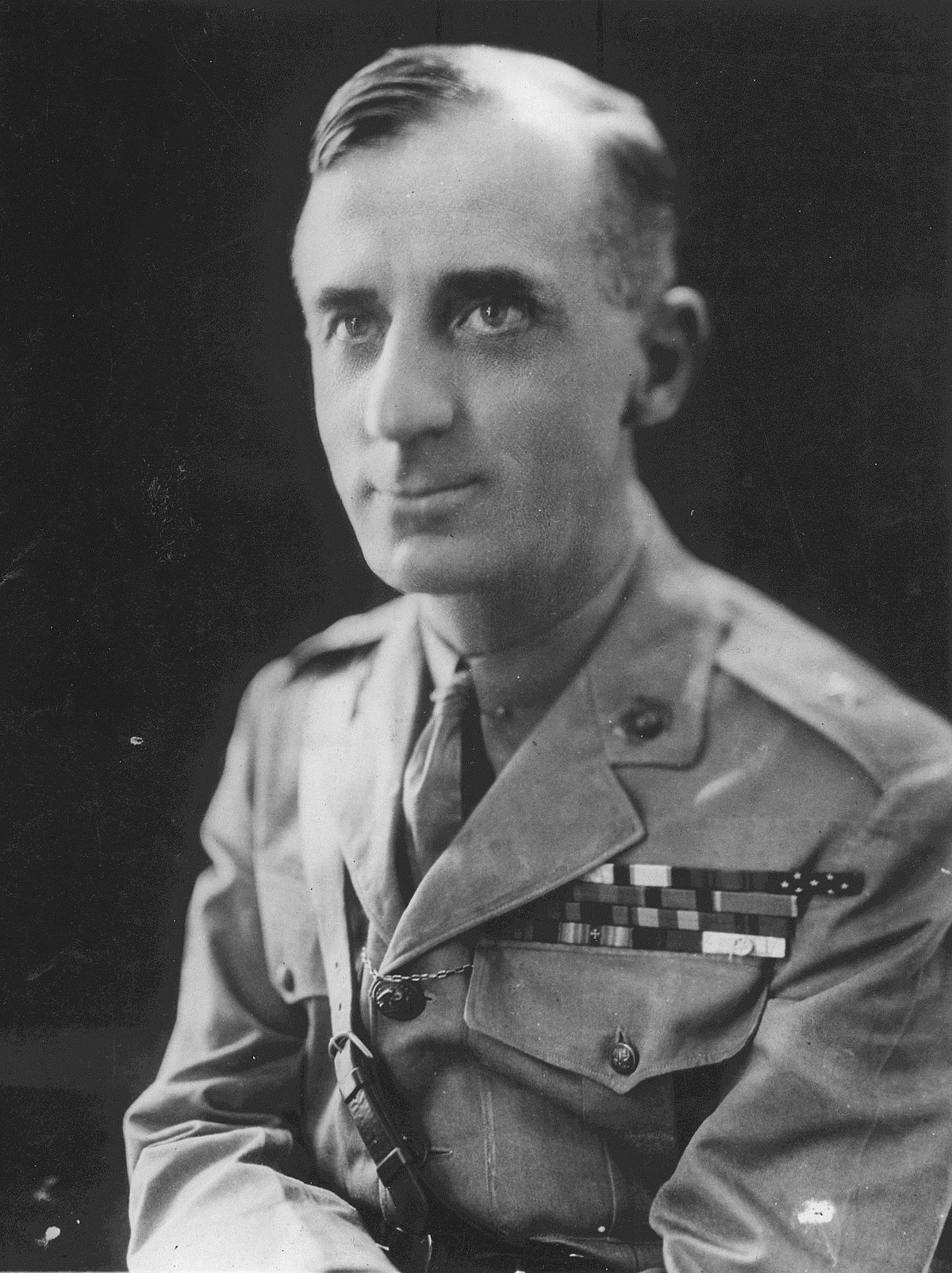FDR's career after losing in 1928 would have ended up the same as Nixon had he lost in 1964 or 1968: Tammany Hall, Smith and Raskob would all have backed Herbert Lehman, not a two-time loser.
If Nixon had lost the 1962 CA Gubernatorial election by a single point, and then a global economic meltdown occurred the next year, and you don't think the man would've ran for another office, I have beachside property in Tajikistan to sell you. If losing was reason enough for Tammany, Smith, and Raskob to back Lehman, well I have bad news about the other results of the 1928 New York State elections, where the Democratic slate included a certain candidate for Lieutenant Governor named Herbert Lehman, who both would've lost and lost by a larger margin then FDR.
The Southerners are far more likely to back one of their own, e.g. Byrd, Ritchie or Garner, than a transplant like McAdoo, whose liberalism was anathema to grandees like Senators George and Glass, whose voices held immense sway in the South's patrimonial politics.
Which is why in 1932, of the 11 states of the old Confederacy, 9 of them backed Roosevelt the sole exceptions being Virginia and Garner's home state of Texas.
Bruning dealt with the Depression by slashing spending and hiking taxes, which resulted in 33% unemployment. Yes, democracy in Germany and Japan were hardly well established by 1933, but Italy had had a liberal democratic constitution for half a century when Mussolini seized power in 1922. Plus, the global economic recovery was largely fuelled by the US, not European recovery.
One, even a balanced budget Democrat like Garner isn't going to wholly cut spending. Garner co-sponsored the Garner-Wagner bill in 1932, a $2 billion dollar public works relief bill that was vetoed by Hoover) no small amount of money back when national GDP was only around ~100 billion. As I've discussed he would've supported the TVA, Rural Electrification, Agricultural Adjustment, Deposit Insurance, Securities Regulation and many other pieces of New Deal Regulation, and also the Bonus Bill providing direct stimulus to veterans.
Two, if Bruning had to face the voters in 1936 instead of in 1930, the odds of Weimar Democracy surviving would've improved dramatically. And yes, Italian Democracy, that *beacon* of stability, which between 1861 and and Mussolini's ascent to power had *24* Prime Ministers and thinking it is a relevant comparison to the United States is foolhardy. If you look at the history of other Anglophone democracies,, places who have a similarly entrenched tradition; the United Kingdom, Canada, Australia, New Zealand, all Anglophone Democracies, all of whom did not suffer a Civil War or exclusion from the global economic recovery despite being ruled by center or center right governments in the United Kingdom, in Australia, and in Canada, for part or all of the Depression.
Three, in 1937 US GDP was *43%* higher then it was in 1933, something which points a natural economic strength independent of national policy. Passing a sales tax and hewing to balanced budgets isn't to going to suddenly reverse that into a further recession.
If you want to write a story about a US civil war in the 1930s, you can do that, absolutely nothing is stopping you. The thing about stories and is that you don't have to hew 100% to realism or plausibility. If you want to write a story about a US Civil War in the 1930s who's PoD is FDR losing the 1928 New York election, you can do that too. But if you're asking this board if it is realistic or likely, we are going to tell you that no, it isn't.
